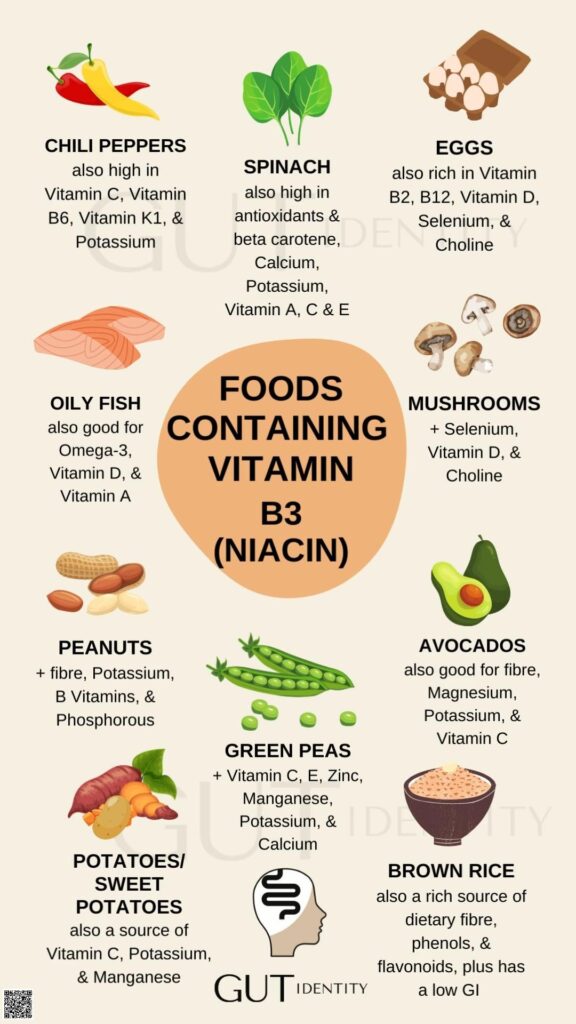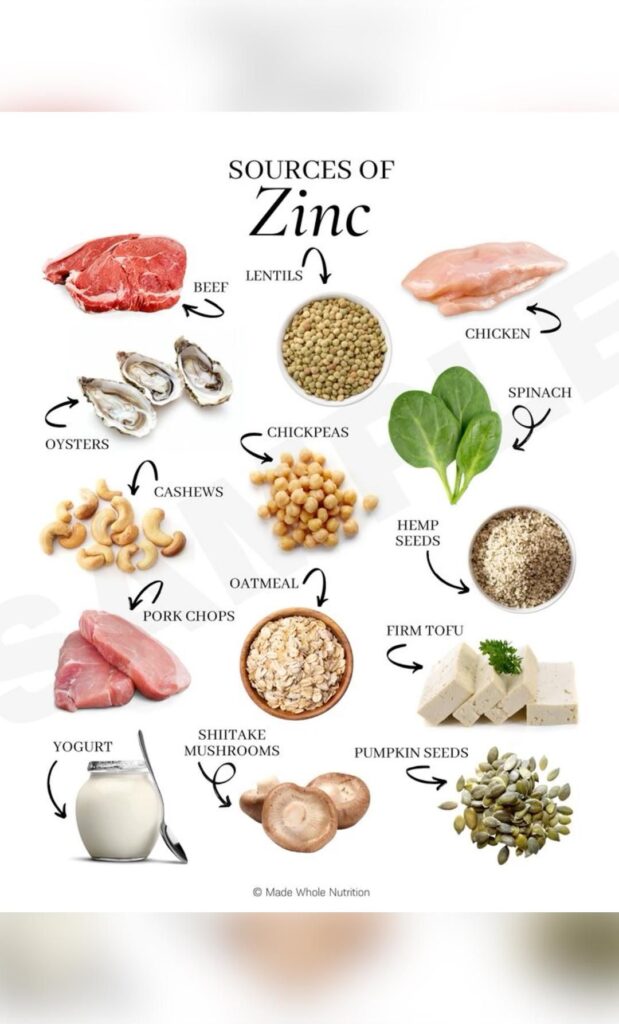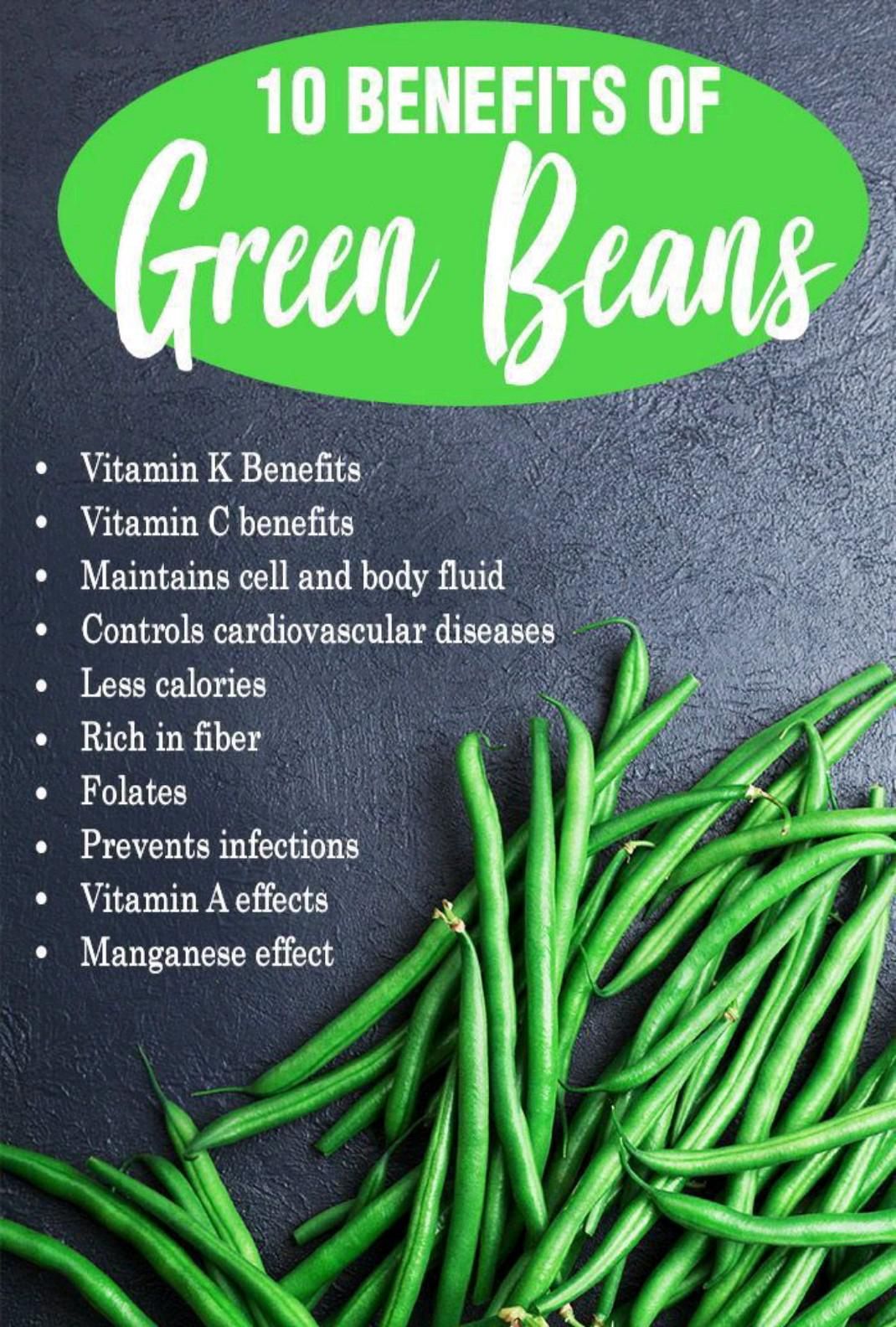Pears have existed for countless years. Due to its sweetness, people consume this bell-shaped fruit frequently all over the world. Numerous benefits to nutrition and health have been linked to this delicious fruit. This article will discuss six pears’ health advantages that have been supported by research. Continue reading to learn more.

- Packed with nutrients
These pears come in a variety of varieties, including D’Anjou, Bosc, and Brentwood. In fact, this fruit is cultivated in more than 100 different varieties all over the world. The nutrients contained in an a medium-sized pear are listed below.
- 101 Calories
- 27 grams of carbohydrates
16% of the overall daily value is for copper. - 6 grams of fiber
- One gram of protein
- 4% of your daily recommended intake is in potassium.
- 12% of the DV for vitamin C
- 6% of the recommended daily value of vitamin K
A little amount of niacin, provitamin, plus folate are also present in the same meal together with the previously listed nutrients. They are crucial for both healthy skin and good cell activity. In addition, pears are rich in minerals like copper and potassium.
- Gut wellness
Both soluble in addition to insoluble fiber are abundant in pears. Both forms of fiber are crucial for supporting the health of your digestive system. Basically, fibers soften and bulk up your stool in your stomach, ensuring that you aren’t experiencing any bowel movement issues.
Around six teaspoons of fiber, or 22% of the daily requirement for fiber, can be found in a medium-sized pear. Eating pears may help you find considerable relief from constipation by encouraging the development of beneficial bacteria in your stomach.
- Positive plant substances
Many beneficial plant substances, including anthocyanins, are present in pears. The fruit may strengthen your blood vessels when consumed often. This lowers your chance of developing heart disease.
Additionally, by eating pears alongside green skin on them, you can maintain or improve your vision. The reason is because this particular kind of pears include both of these substances, which are advantageous for the health of your eyes.

- The ability to reduce inflammation
Although inflammation constitutes a natural immune response, it can be harmful to your health if it persists. For instance, chronic inflammation may raise your risk of type 2 cardiovascular disease and diabetes if left untreated.
Pears include antioxidant and anti-inflammatory chemicals that may help combat inflammation and lower the risk of heart disease. The fruit is also a good source of many vitamins and minerals, including copper, vitamin C, and vitamin K.
- Cancer-fighting qualities
Cinnamic acid, which is present in pears, aids in the prevention of many cancers, including bladder, stomach, and lung cancer. Women might profit from eating the fruit because, according to some research, it may help prevent ovarian and breast cancer.
- Reduced chance of stroke
Some studies suggest that eating pears frequently can lower your risk of stroke. For instance, a 10-year research involving 20,000 participants discovered that consuming fifty grams of this fruit with white flesh lowered the incidence of stroke by 9%.
